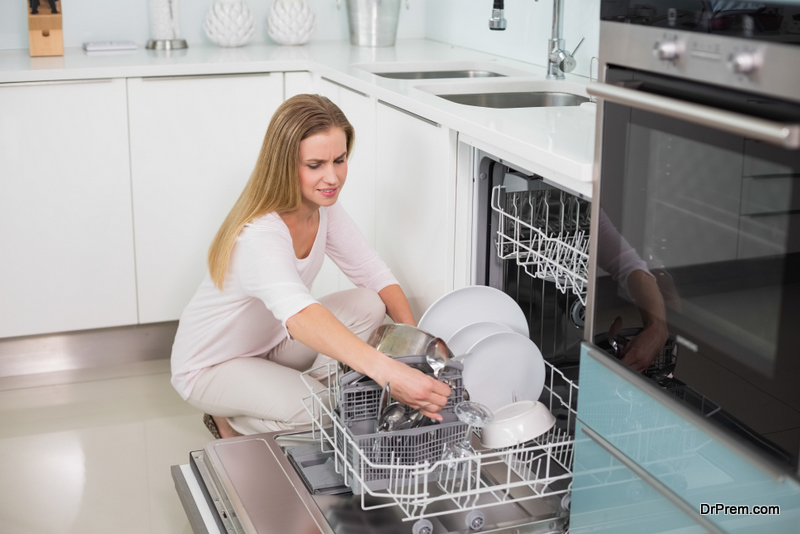Everybody’s looking to save energy. First, it’s good for the environment, but secondly, it can also save you a bunch of money in electric bills, even if you’re with the very cheapest energy providers Texas or other states have to offer.
You may even be able to get hold of energy-efficient providers that’ll give you options for more renewable energy sources, such as solar energy.
If you’re looking for good ways to reduce your energy usage, the place to address first is the kitchen. It’s full of appliances soaking up energy, so it’s easy to trim down.
Here are some excellent tips on how you can save energy.
1. Don’t clutter your refrigerator
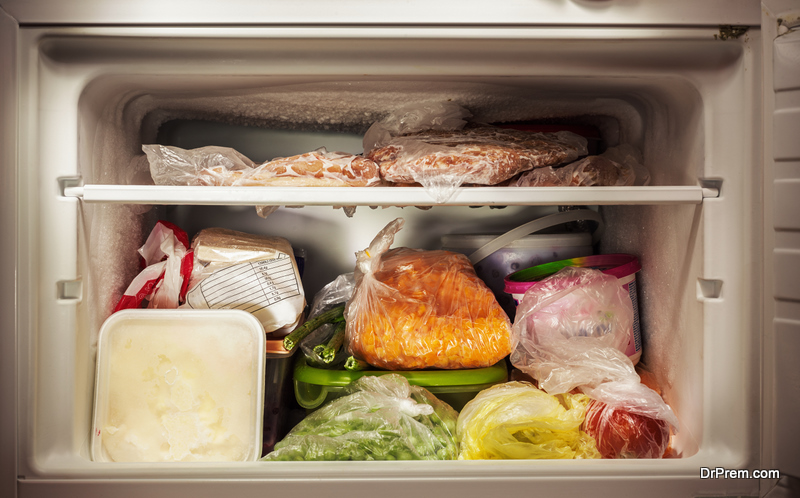 This is one of the best tips for saving energy in the kitchen. Clutter can lead to heat generation, which would make the fridge work harder. If you’ve got the time, go ahead and organize your fridge in the same way you organize all other aspects of your home. There might be some expired leftovers, or other food ingredients you’ve been keeping too long, and are only causing unnecessary clutter in your refrigerator.
This is one of the best tips for saving energy in the kitchen. Clutter can lead to heat generation, which would make the fridge work harder. If you’ve got the time, go ahead and organize your fridge in the same way you organize all other aspects of your home. There might be some expired leftovers, or other food ingredients you’ve been keeping too long, and are only causing unnecessary clutter in your refrigerator.
2. Reduce the number of pots you use
The idea of “one-pot cooking” is getting more and more popular. The idea is that if you only use one pot to cook your food, you not only have less washing up to do afterward, but you’re also only using one burner. Having multiple burners going at once can be a major energy waste. Foods like soup are easy to cook in just one pot, and you can find plenty of other one-pot recipes online.
3. Turn off appliances when not in use
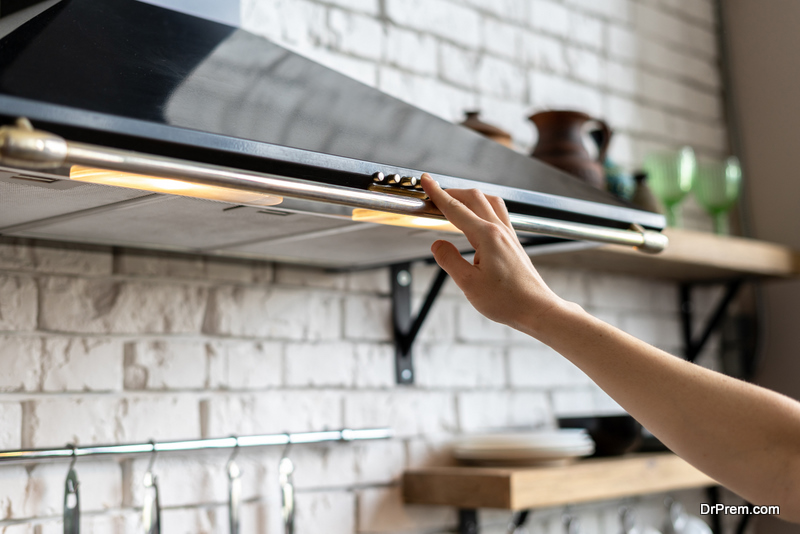 Unplug those that you know you won’t use during the day. Some of these include lights, ovens, defrosters, and other similar things. If these appliances remain switched on, they’re still generating heat, which still takes up electricity and power. Hence, you’re unknowingly using electricity even when these appliances are just on standby mode.
Unplug those that you know you won’t use during the day. Some of these include lights, ovens, defrosters, and other similar things. If these appliances remain switched on, they’re still generating heat, which still takes up electricity and power. Hence, you’re unknowingly using electricity even when these appliances are just on standby mode.
To be sure that you’re getting fair rates in your electricity consumption, you may consider switching to an electricity provider like TXU Energy so you can have an electricity plan that saves on energy.
4. Adjust the refrigerator and freezer temperatures to where they should be
Check their temperatures regularly. Your refrigerator should be between 37 and 40 degrees Fahrenheit, while your freezer should be between 0 and 5. Keeping it any colder than that is unadvised for your food, and the energy used in that extra cooling will pile up.
5. Replace your old appliances with newer, more energy-efficient options
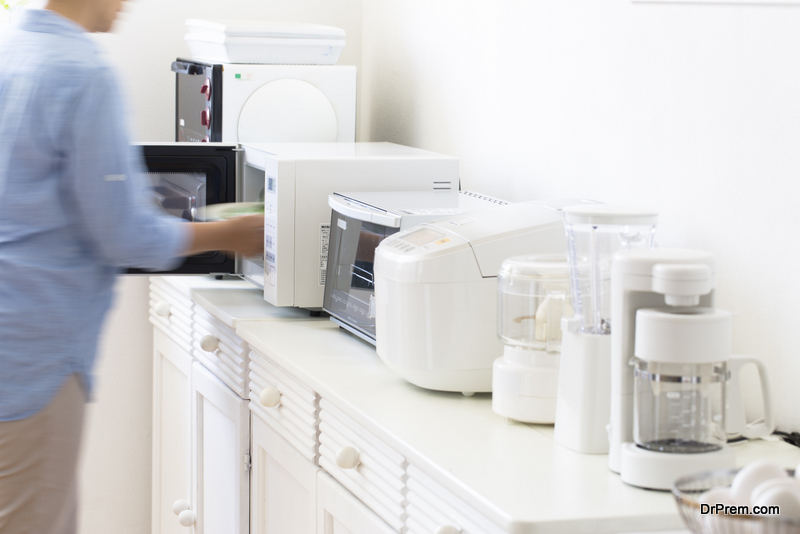 Replacing your older appliances might seem like a very costly investment or switch to make. But, in the long run, using energy-efficient appliances will save you so much more in your energy bills.
Replacing your older appliances might seem like a very costly investment or switch to make. But, in the long run, using energy-efficient appliances will save you so much more in your energy bills.
Before you head out shopping, be sure that you’ve thoroughly researched all of your possible options. If there’s something that’s unclear to you, don’t be afraid to ask for advice and tips from the sales representatives in the shops you’re buying from. This can help ensure that your appliances will indeed be a worthy investment.
6. Replace the light bulbs
This is worth doing all over your house, but since we’re focused on the kitchen, let’s start there. You don’t even realize how much electricity those old bulbs are using until you change them out and see the difference reflected in your bills.
There are various types of lights available today that help you save energy over the course of the year. These include LED lights and compact fluorescent lights. You can use these instead of regular lights.
7. Remove all your meal ingredients from the refrigerator at once when you are cooking
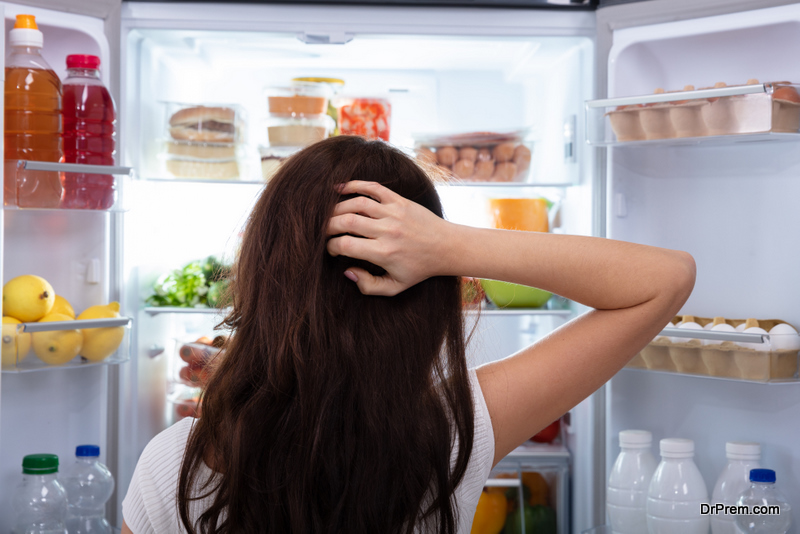 Every time you open the refrigerator door and close it, it has to work overtime to get that temperature back to what it should be. You can help cut down on that energy surge by only opening the door once, getting everything you need, and then closing it.
Every time you open the refrigerator door and close it, it has to work overtime to get that temperature back to what it should be. You can help cut down on that energy surge by only opening the door once, getting everything you need, and then closing it.
8. Use your microwave to reheat
If you’re heating up leftovers, consider popping them in the microwave rather than using your conventional oven for them. The microwave uses far less energy and heats up food for less time. Some things just taste better when reheated in the oven, but if you don’t have a preference, use your microwave more often to conserve energy.
9. Don’t run half-loads of dishes
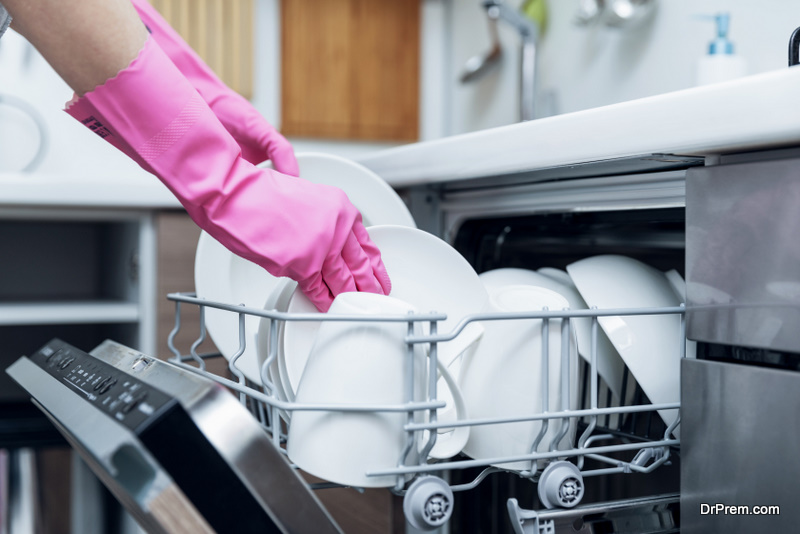
Your dishwasher can be a huge energy hog, and running it more often than you need to is a very bad idea. Running loads when it’s only half full means you’re just going to have to run it a second time later. Hold off until you have a completely full load before you run it.
10. Fill your freezer
Keeping your freezer full acts as a sort of insulation. All the different cold foods help keep each other at the same temperature, so it doesn’t need to use quite so much energy.
Article Submitted By Community Writer


